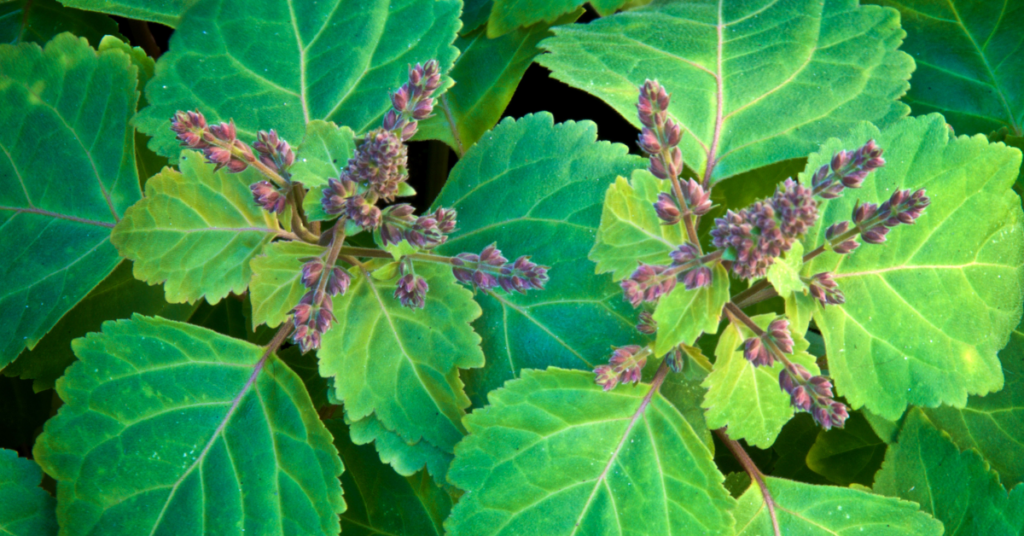Patchouli – Essential Oil
Patchouli (Pogostemon cablin)
With its distinct pungent aroma, you’ll either love or hate patchouli oil. Meaning literally ‘green’ (patchai) ‘leaf’ (ellai) from the Tamil, patchouli oil has was used in ancient India for its medicinal and spiritual benefits, and used historically in Indian Ink and the perfume industry.
Uses include:
Cracked skin
Athlete’s Foot
Dandruff
Skin allergies
Obesity
Apprehension
Cautions
Do not use on babies or children under the age of 5 years old.
Cracked skin
Due to its anti-inflammatory and antiseptic qualities it is great to use on the skin, particularly on the feet. It has similar properties to Neroli as a cell regenerator.
Directions for use
Ointments: Add a drop of oil to moistures and rub into feet.
Massage: Mix 20 ml of carrier oil (sweet almond, grape seed) to 10 drops of pure essential oil and rub into feet.
Footbath: Put 3 drops of oil in bowl of warm or hot water and soak feet for up to 15 minutes.
Athlete’s Foot
This oil is anti-inflammatory, fungicidal and antiseptic making it a great oil to use in the treatment of this condition.
Directions for use
Massage: Mix 20 ml of carrier oil (sweet almond, grape seed) to 10 drops of pure essential oil and rub into feet.
Footbath: Put 3 drops of oil in bowl of warm or hot water and soak feet for up to 15 minutes.
Dandruff
This oil is anti-inflammatory, fungicidal, and antiseptic making it a great oil to use in the treatment of this condition.
Directions for use
Massage: Mix 20 ml of carrier oil (sweet almond, grape seed) to 10 drops of pure essential oil and rub into scalp leave for 10 minutes and wash as normal.
Rinse: Add 1-2 drops of pure essential oil to one litre of warm water and use as a final rinse on hair when washing.
Skin allergies
Due to its anti-inflammatory and antiseptic qualities, it is great to use on the skin.
Obesity
This oil is reported to induce loss of appetite, however, as oils work on an emotional level, it could be the oil acting on feelings of low self-worth and depression that causes the person to be less likely to eat. It is also a diuretic so this could result in weight loss.
Apprehension
Patchouli oil’s complex scent wakes up the nervous system and works on feelings of anxiety, fear, and depression.
Further Information
Where grown: Patchouli comes from a tall bushy perennial herb belonging to the Lamiaceae family. It is native to Malaysia and grows in Asia, India, China, and South America. It has white flowers are white and soft furry leaves.
Parts used and method of extraction: The oil is extracted by steam distillation from the dried and fermented leaves and twigs.
Colour and smell: The oil is thick and orangey-brown in colour and can even have a green tinge to it. Patchouli has a long-lasting earthy, musky smell and, unlike most oil, it actually gets better with age.
Active ingredients: Patchoulene, patchoulol, and norpatchoulol, with traces of eugenol, carvone, caryophyllene, cardinene, and carvone. Chamomile has an ingredient called azulene, which gives it its anti-inflammatory properties. Patchoulene has a very similar structure to azulene.
Properties: Anti-depressant, antiseptic, and anti-inflammatory; stimulant, tonic, febrifuge, and used as an insecticide.
Mixes well with: Sandalwood, nutmeg, lavender.

